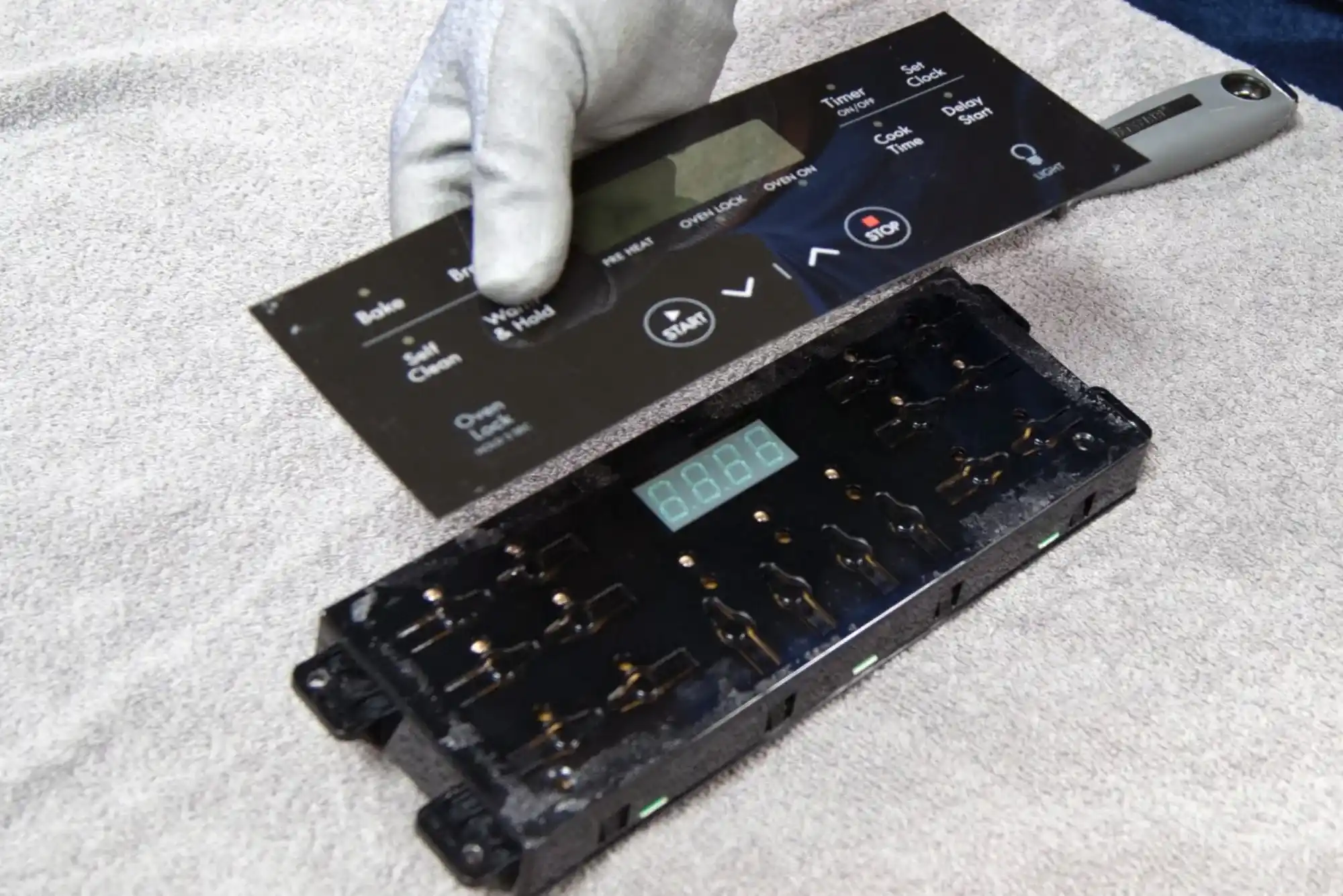Dubai, a global business hub, attracts entrepreneurs and investors with its strategic location, tax advantages, and world-class infrastructure. Setting up a business in this dynamic emirate can be a game-changer, but navigating the process requires clarity and planning. This guide explores the essential steps, benefits, and considerations for Business Setup in Dubai, empowering you to make informed decisions and launch your venture successfully.
Why Choose Dubai for Your Business?
Dubai’s appeal lies in its business-friendly environment. With no personal or corporate income taxes, 100% foreign ownership in free zones, and access to a diverse market, it’s a magnet for startups and established companies alike. Its proximity to major markets in Europe, Asia, and Africa, combined with state-of-the-art logistics, makes it ideal for trade and commerce. Additionally, Dubai’s stable economy and government support for innovation create a fertile ground for entrepreneurs.
Types of Business Structures in Dubai
Choosing the right business structure is critical for Business Setup in Dubai. The emirate offers three main options:
-
Mainland Companies: These operate under the UAE’s Department of Economic Development (DED). Mainland businesses enjoy unrestricted market access within the UAE and beyond, making them ideal for retail, trading, or professional services. Recent reforms allow 100% foreign ownership in many sectors, eliminating the need for a local sponsor in most cases.
-
Free Zone Companies: Dubai’s free zones, like Dubai Multi Commodities Centre (DMCC) or Jebel Ali Free Zone (JAFZA), cater to specific industries such as technology, media, or logistics. Benefits include full ownership, tax exemptions, and simplified setup processes. However, free zone companies may face restrictions on trading directly in the UAE mainland market.
-
Offshore Companies: These are suited for businesses seeking asset protection or international operations without a physical presence in Dubai. Offshore companies benefit from tax exemptions and privacy but cannot conduct business within the UAE.
Each structure has unique advantages, so align your choice with your business goals, target market, and operational needs.
Step-by-Step Guide to Business Setup in Dubai
1. Define Your Business Activity
The UAE government regulates business activities, so you must specify your business type (e.g., trading, consultancy, manufacturing). Each activity requires specific licenses—commercial, professional, or industrial. Researching your activity ensures compliance and smooth licensing.
2. Choose a Company Name
Dubai has strict naming guidelines. Your business name must reflect your activity, avoid offensive terms, and not include religious or political references. Check name availability with the DED or free zone authority.
3. Select a Legal Structure
Based on your business type and location (mainland, free zone, or offshore), select the appropriate structure. Consult with a local business setup consultant to understand licensing and ownership rules.
4. Obtain the Necessary Licenses
Licenses are mandatory for Business Setup in Dubai. The type depends on your activity:
-
Commercial License: For trading or retail.
-
Professional License: For service-based businesses like consultancy.
-
Industrial License: For manufacturing or industrial activities. Free zones often bundle licensing with other services, while mainland setups require DED approval.
5. Secure a Location
Your business location impacts costs and operations. Free zones provide ready-to-use offices, while mainland businesses may need to lease commercial space. Ensure your location aligns with your license and activity.
6. Submit Documentation
Prepare documents like passport copies, visa details, business plans, and proof of address. Free zones typically require fewer documents than mainland setups. A business setup consultant can streamline this process.
7. Open a Corporate Bank Account
Dubai’s banking sector is robust, with options like Emirates NBD, HSBC, and Mashreq Bank. Choose a bank that suits your business needs, considering fees, international transfers, and digital banking services.
8. Obtain Visas
You’ll need residency visas for yourself, employees, and dependents. Free zones often include visa quotas in their packages, while mainland businesses coordinate with the DED and immigration authorities.
Costs of Business Setup in Dubai
Costs vary based on location, structure, and business activity. Here’s a breakdown:
-
Mainland: Licensing fees start at AED 10,000–15,000, plus office lease costs (AED 20,000–100,000 annually, depending on location).
-
Free Zone: Packages range from AED 12,000–50,000, often including licensing, visas, and office space.
-
Offshore: Setup costs are lower, starting at AED 8,000, but exclude physical office or visa benefits.
Additional expenses include visa fees (AED 3,000–5,000 per visa), government approvals, and consultancy fees if you hire a setup agent. Budgeting accurately is crucial to avoid surprises.
Benefits of Setting Up in Dubai
-
Tax Advantages: No income, corporate, or capital gains taxes in most cases.
-
Global Connectivity: World-class airports, seaports, and logistics infrastructure.
-
Diverse Economy: Opportunities in trade, technology, tourism, real estate, and more.
-
Ease of Setup: Streamlined processes, especially in free zones, reduce bureaucratic hurdles.
-
Talent Pool: Access to a skilled, multicultural workforce.
Challenges to Consider
While Dubai is business-friendly, challenges exist:
-
Regulatory Compliance: Navigating UAE laws and licensing can be complex without expert guidance.
-
Cultural Nuances: Understanding local business etiquette is essential for building relationships.
-
Competition: Dubai’s popularity means high competition in certain sectors like retail and hospitality.
-
Costs: While tax-free, office rents and living expenses can be high.
Hiring a local consultant or setup agency can mitigate these challenges, ensuring compliance and efficiency.
Free Zones vs. Mainland: Which is Right for You?
Choosing between free zones and mainland depends on your goals:
-
Free Zones: Ideal for export-oriented businesses, startups, or those seeking full ownership and tax benefits. Best for tech, media, or logistics firms.
-
Mainland: Suited for businesses targeting the UAE market, such as retail or hospitality. Offers flexibility but may involve higher costs.
Evaluate your target market, budget, and long-term plans before deciding.
Tips for Success
-
Hire Experts: A business setup consultant can save time and ensure compliance.
-
Research the Market: Understand your industry’s demand and competition in Dubai.
-
Leverage Networking: Attend events like GITEX or Expo Dubai to connect with partners and clients.
-
Stay Updated: UAE regulations evolve, so monitor changes in ownership or licensing rules.
-
Plan Finances: Account for setup costs, operational expenses, and emergency funds.
Why Act Now?
Dubai’s economy is poised for growth, with initiatives like Dubai Vision 2040 driving innovation and investment. The emirate’s hosting of global events and its reputation as a trade hub make it an opportune time for Business Setup in Dubai. Early movers can capitalize on emerging sectors like fintech, e-commerce, and renewable energy.
Conclusion
Setting up a business in Dubai offers unparalleled opportunities for growth and success. By understanding the process, costs, and benefits, you can make informed decisions and establish a thriving venture. Whether you choose a mainland, free zone, or offshore setup, Dubai’s dynamic ecosystem supports your ambitions. Take the first step today—consult with experts, align your strategy, and join the ranks of global entrepreneurs succeeding in this vibrant city.











